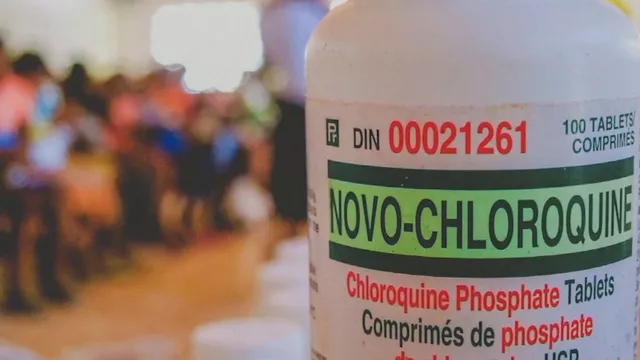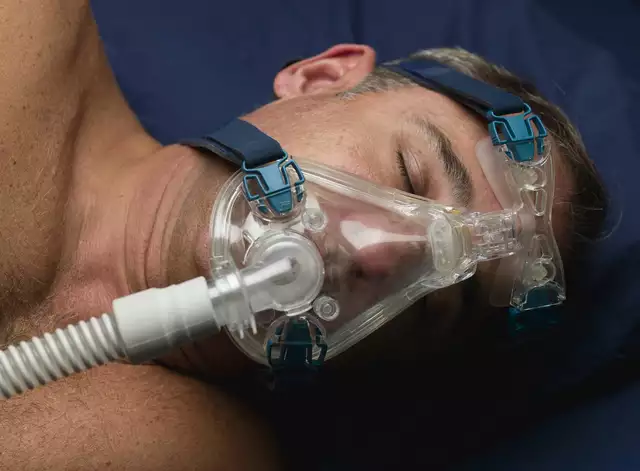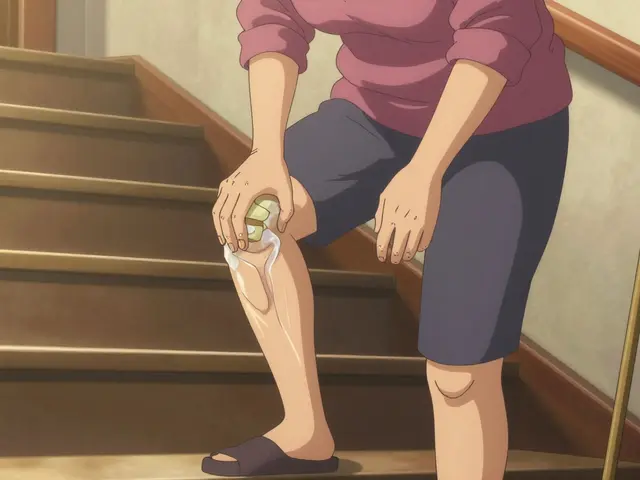Hypothyroidism options: simple choices to feel better
If your doctor told you your thyroid is underactive, you have options. The goal is restoring normal thyroid hormone so you feel less tired, keep weight steady, and protect bones and heart. Below I explain the common treatments, what to expect, and easy steps to get the most from therapy.
Common medication choices
Levothyroxine (T4) is the most prescribed option. It replaces the main hormone your body makes. Most people take it once a day and feel gradual improvement in 4–6 weeks. Liothyronine (T3) acts faster but is short-lived and used less often. Some patients use a combo of T4 + T3 if symptoms persist despite normal labs.
Desiccated thyroid extract (DTE) comes from animal thyroid glands. Some patients report feeling better on DTE, but dose consistency and lab monitoring can be trickier compared with synthetic hormones. Talk to your doctor before switching; adjustments need careful testing.
Not everyone with a mild or “subclinical” abnormality needs medicine. If your TSH is mildly high but you have no symptoms, your doctor may watch and retest. If TSH is over ~10 mIU/L, treatment is usually recommended.
Practical tips and monitoring
Timing matters. Take levothyroxine on an empty stomach—30 to 60 minutes before breakfast or at bedtime at least 3 hours after your last meal. Coffee, calcium, iron, antacids, and some supplements lower absorption. Keep a consistent routine.
Labs guide dosing. Check TSH and free T4 about 6–8 weeks after any dose change. Most labs use a normal TSH range around 0.4–4.0 mIU/L, but targets vary with age and pregnancy. Pregnant people need tighter control and lower targets—work closely with your provider.
Watch for signs of under- or overtreatment. Persistent fatigue, weight gain, cold intolerance suggest under-replacement. Palpitations, excess sweating, or weight loss point to too much hormone. If those show up, call your doctor—don’t self-adjust doses.
Check for Hashimoto’s by testing thyroid antibodies (anti-TPO). If positive, your doctor will expect a chronic course and monitor more closely. Also review other meds—some cholesterol drugs, blood thinners, and antidepressants interact with thyroid hormones.
Small lifestyle moves help. Keep iodine intake steady—not too low and avoid large excesses. Aim for balanced meals, regular sleep, and managed stress. If you’re on supplements like iron or calcium, separate them from your thyroid pill by a few hours.
If you’re unsure which option fits, ask for an endocrine referral. Experienced providers help match medication type, dose, and timing to your life. With right treatment and follow-up, most people regain energy and stability within weeks to months.
With various alternatives available, finding the right thyroid treatment can be crucial for people with hypothyroidism. This article explores five different options to Synthroid, giving insights into their benefits and drawbacks. From natural desiccated thyroid extracts like Armour Thyroid and NP Thyroid to synthetic choices such as Cytomel and Levoxyl, each alternative caters to unique patient needs. Understanding the characteristics and effects of these treatments can aid in making informed health decisions for thyroid management.
Read more






